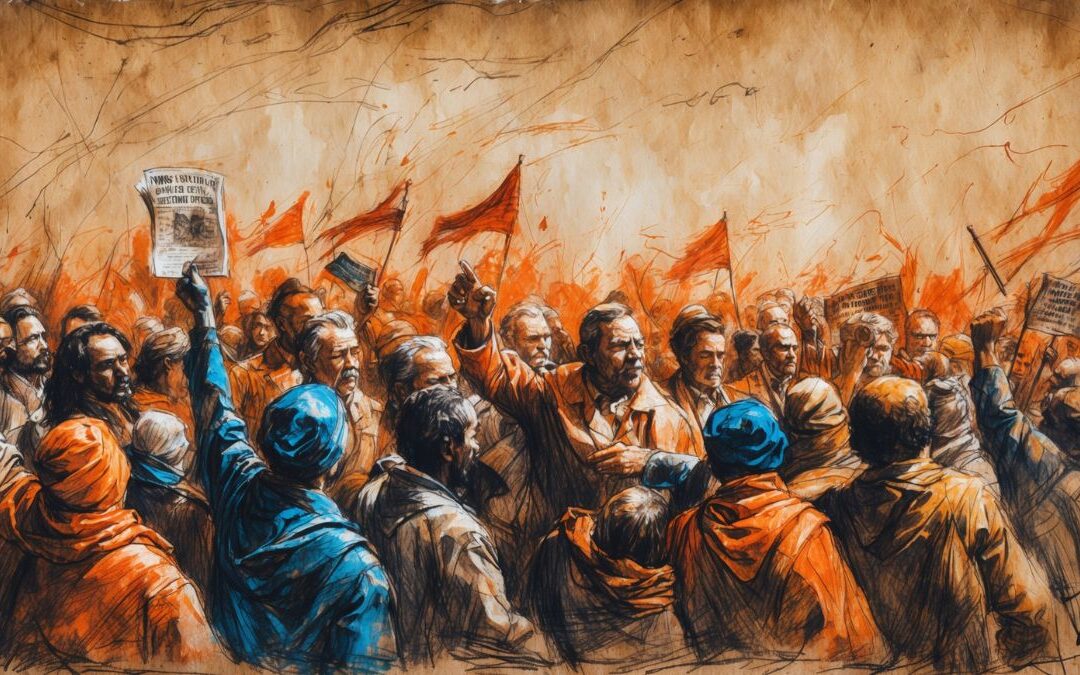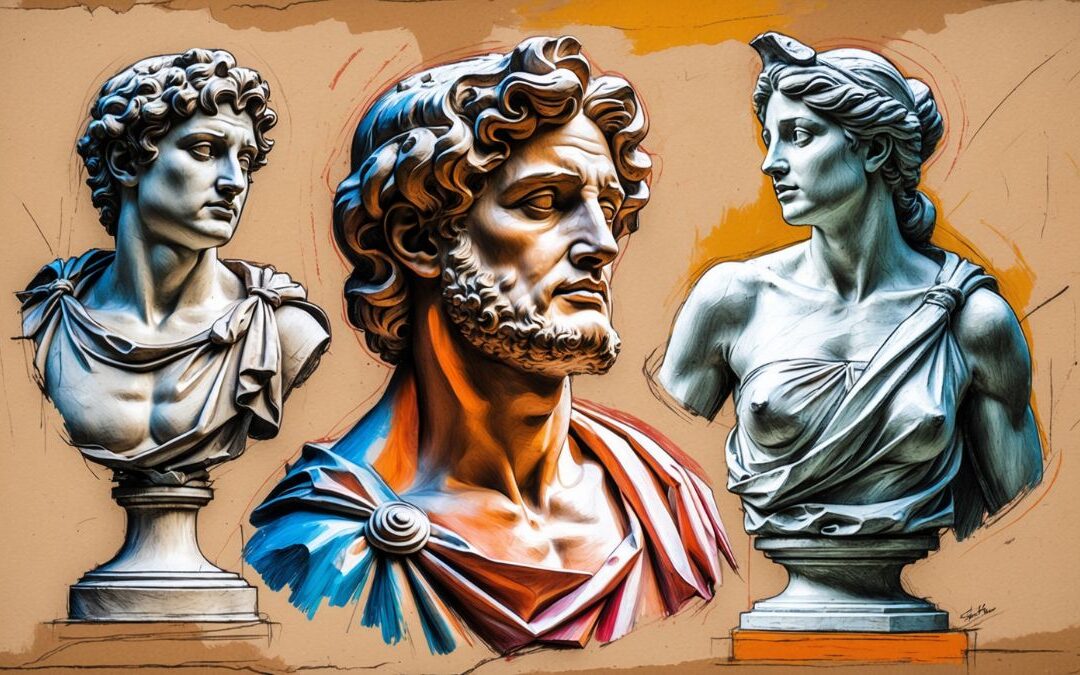- What is Postcolonial Literature?
- Why is Postcolonial Literature Important?
- What Are Common Themes in Postcolonial Literature?
- How Does Postcolonial Literature Relate to Contemporary Issues?
- Who Are Some Notable Postcolonial Authors?
- How Can Understanding Postcolonial Literature Benefit You?
- Take Action: Embrace the Lessons of Postcolonial Literature
Welcome to an exploration of postcolonial literature, a field that delves into the lasting impacts of colonialism and the voices that emerge from postcolonial societies. This article aims to answer some of the most frequently asked questions about postcolonial literature, offering insights and real-life connections to deepen your understanding. As we journey through these questions, you’ll discover the importance of this literary field and how its themes resonate in our lives today.
What is Postcolonial Literature?
Postcolonial literature refers to the body of literary work produced by authors from countries that were once colonies, particularly those colonized by European powers. This genre explores themes of identity, resistance, and cultural hybridization, reflecting the complex legacy of colonialism.
Real-life example: Think of Chinua Achebe’s “Things Fall Apart,” a seminal work that explores the impact of British colonialism on traditional Igbo society in Nigeria. Achebe’s narrative offers a profound insight into the clash between indigenous cultures and colonial forces.
Why is Postcolonial Literature Important?
Postcolonial literature is crucial because it provides a platform for marginalized voices to share their perspectives and experiences. It challenges the dominant colonial narratives and offers a nuanced understanding of history, culture, and identity.
Real-life example: In classrooms around the world, teaching postcolonial literature helps students recognize the diversity of global experiences and understand the historical contexts that shape contemporary societies. It fosters empathy and critical thinking.
What Are Common Themes in Postcolonial Literature?
Postcolonial literature often grapples with themes such as:
- Identity and Hybridity: Characters frequently struggle with their sense of identity, caught between indigenous cultures and colonial influences. Hybridity, or the merging of cultural identities, is a recurring motif.
Real-life example: In Jhumpa Lahiri’s “The Namesake,” the protagonist navigates the complexities of cultural identity as an Indian-American, illustrating the challenges of balancing dual heritage.
- Resistance and Liberation: Many postcolonial works depict the fight against colonial oppression and the journey towards political and cultural liberation.
Real-life example: Ngũgĩ wa Thiong’o’s “A Grain of Wheat” portrays Kenya’s struggle for independence from British rule, highlighting the sacrifices and resilience of its people.
- Cultural Displacement: The sense of being uprooted from one’s homeland and culture is a common experience for characters in postcolonial literature.
Real-life example: Salman Rushdie’s “Midnight’s Children” explores the dislocation and fragmentation experienced by those born at the moment of India’s independence and partition.
How Does Postcolonial Literature Relate to Contemporary Issues?
Postcolonial literature remains relevant as it addresses ongoing issues of inequality, racism, and cultural erasure. It prompts us to reflect on the lingering effects of colonialism in modern societies.
Real-life example: The global Black Lives Matter movement echoes themes found in postcolonial literature, highlighting systemic racism and advocating for social justice. Works like Toni Morrison’s “Beloved” provide historical context to these contemporary struggles.
Who Are Some Notable Postcolonial Authors?
Several authors have made significant contributions to postcolonial literature. Here are a few notable ones:
- Chinua Achebe: Known as the father of African literature, Achebe’s works, such as “Things Fall Apart,” offer a profound exploration of African culture and the impact of colonialism.
- Salman Rushdie: Rushdie’s “Midnight’s Children” is a landmark novel that intertwines India’s history with magical realism, addressing themes of identity and cultural displacement.
- Arundhati Roy: Roy’s “The God of Small Things” delves into the complexities of postcolonial Indian society, examining issues of caste, politics, and forbidden love.
- Ngũgĩ wa Thiong’o: A prominent Kenyan writer, Ngũgĩ’s works, such as “Petals of Blood,” critique neocolonialism and explore the struggles of post-independence African nations.
How Can Understanding Postcolonial Literature Benefit You?
Engaging with postcolonial literature enhances your cultural awareness and empathy. It broadens your perspective on historical and contemporary issues, fostering a more inclusive worldview.
Real-life example: By reading postcolonial literature, you become more attuned to the narratives of marginalized communities, better equipped to engage in meaningful dialogues about race, identity, and global justice.
Take Action: Embrace the Lessons of Postcolonial Literature
Now that you’ve gained insights into postcolonial literature, it’s time to put this knowledge into action:
- Read Widely: Explore works by postcolonial authors to deepen your understanding of different cultural perspectives. Start with the books mentioned in this article and expand your reading list.
- Reflect and Discuss: Reflect on how the themes of postcolonial literature relate to your own life and society. Engage in discussions with others to share insights and broaden your perspective.
- Support Diverse Voices: Advocate for the inclusion of diverse voices in educational curricula and media. Support authors and creators from marginalized communities to help amplify their stories.
- Educate and Advocate: Use the lessons learned from postcolonial literature to educate others about the ongoing impact of colonialism. Advocate for social justice and equality in your community.
By embracing the lessons of postcolonial literature, you can contribute to a more informed, empathetic, and just world. Let’s continue to explore, reflect, and take action, using literature as a powerful tool for understanding and change.











0 Comments